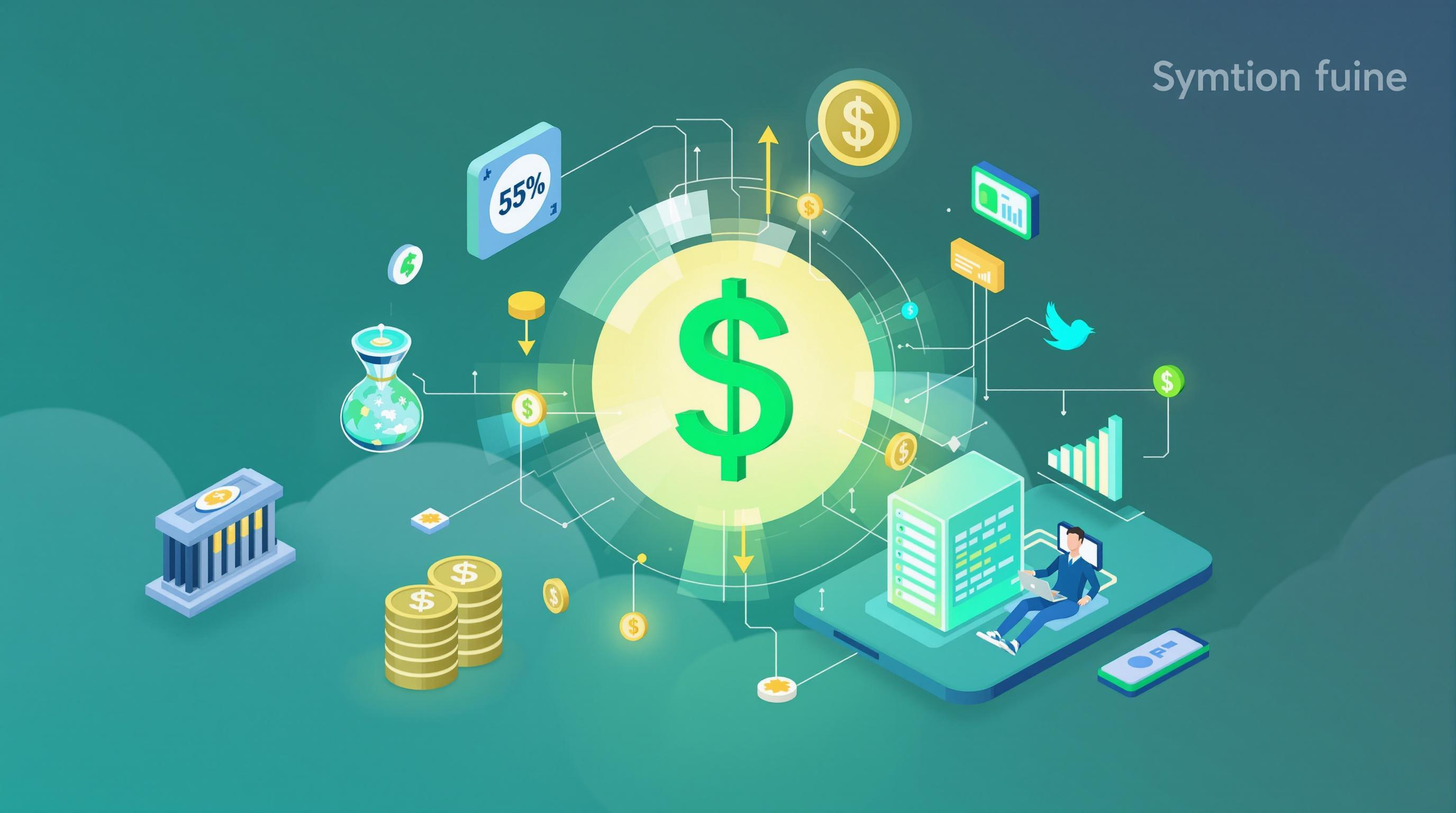Featured Articles
- 5 Emerging Technologies Revolutionizing Personal Finance Management in 2024
- 7 Best Robo-Advisors Released Since 2019 Revolutionizing Personalized Investment Strategies
- "Crypto Cats: How Feline Influencers Are Shaping the Future of Crypto Investments"
- Cryptocurrency and Climate Change: Can Digital Currencies Help Save the Planet?
- Cryptocurrency as Art: Exploring the Financial Value of Digital Creations in the NFT Market
"Decoding the Rise of Meme Stocks: How Social Media Influencers Shape Financial Markets"
"Decoding the Rise of Meme Stocks: How Social Media Influencers Shape Financial Markets"
Meme stocks have surged in popularity, fueled by social media influencers who manipulate trends and sentiments within the financial markets. This article delves into how these digital personas are reshaping investment strategies and what this means for the future of trading.
Introduction to Meme Stocks
In the realm of finance, meme stocks have become a cultural phenomenon, catapulting obscure companies into the spotlight. For instance, GameStop's meteoric rise in early 2021, driven primarily by retail investors on platforms like Reddit, showed how powerful social media can be in influencing stock prices. The rise and fall of these stocks reveal the changing landscape of how we view and participate in markets.
The Allure of Meme Stocks
Meme stocks often come with a specific allure—highlighted by community camaraderie, humor, and an anti-establishment vibe. Just picture a swath of bored millennials scrolling through memes while a cryptic phrase like “to the moon” ignites their collective financial ambitions and drives the price of a stock into the stratosphere. With that kind of energy, it's no wonder traditional investors are scratching their heads.
A Age-Old Fight: Retail vs. Institutional Investors
The traditional stock market has been dominated by institutional investors who make decisions based on rigorous analysis, data, and algorithms. However, the rise of retail investors, many spurred on by social media influencers, has disrupted this old hierarchy. A 2021 Statista survey noted that 68% of millennial investors turned to social media for investment advice, reflecting a marked shift in how information is disseminated and leveraged in trading environments.
Case Study: GameStop and Reddit
Take GameStop, for instance. Before January 2021, the stock was floundering at around $20 per share amid declining sales and a challenging retail environment. But when a Reddit user posted about short selling by hedge funds, the floodgates opened. With a community rallying behind the “r/WallStreetBets” forum, the stock soared to an all-time high of $483 within weeks (CNN Business). This incident not only demonstrated the power of collective digital might but also became a cultural touchpoint that signified a new era of investing.
The Role of Influencers
Social media influencers have turned finance into entertainment, adopting a tongue-in-cheek tone that makes investing seem less intimidating. Think about personalities on platforms like TikTok and Instagram who break down complex financial concepts into digestible chunks wrapped in humor. For example, "Dude, You're Screwed," a TikTok account, humorously presents bad investment choices while simultaneously guiding viewers on what to avoid. These influencers capture the attention of younger audiences and often encourage impulsive yet informed trading behaviors.
The Dark Side of Meme Stocks
However, it’s not all sunshine and profits; the meme stock movement has its dangers. The volatility associated with these investments can lead to significant financial ruin for some. A Wall Street Journal article highlighted that during the peak of the GameStop frenzy, inexperienced investors lost thousands when prices retracted, illustrating the potential pitfalls for those chasing the next big meme. The excitement can quickly turn into regret, and it’s essential for traders—especially younger ones—to approach this market cautiously.
The Psychological Underpinning
The phenomenon of meme stocks can also be linked to behavioral finance concepts. Fear of missing out (FOMO) plays a considerable role, encouraging individuals to jump on trends without adequate research. According to a report by Fidelity Investments, 42% of millennials admitted to investing in stocks they heard about from social media without fully understanding how they worked! It reveals just how susceptible young investors are to influencer-driven recommendations.
The Future of Trading
As we stand on the cusp of a new financial era, the dynamics of trading will continue to evolve. Platforms like Robinhood have democratized access to stock trading, enabling easier participation. The advent of no-commission trades and fractional shares has allowed even the smallest of investors to dip their toes into the market. This dynamic will likely spur social media-driven investments to further outfit the landscape, as more individuals embrace the role of both trader and consumer of financial content.
Statistics That Speak
Let’s throw some numbers into the discussion. As per a Pew Research study conducted in early 2021, 43% of adult Americans said they had used a social media platform for investment-related discussions. Moreover, nearly 26% reported that social media platforms like TikTok or Reddit had influenced their investment decisions. This data underscores the growing importance of social media in engaging with investment strategies.
A Word of Caution
While social media influencers can shed light on potential investment opportunities, it’s crucial to approach their advice with a discerning eye. One must not substitute due diligence with memes and follower counts. After all, behind every shark with a prosperous portfolio can be an average Joe who let excitement dictate poor financial choices.
The Intersection of Technology and Finance
It’s fascinating to consider how technology has infiltrated the fabric of finance. Artificial intelligence, machine learning, and retail trading applications have fundamentally changed how people invest. As technology advances, the line between informed decision-making and social media hype continues to blur, introducing unprecedented volatility into stock markets.
Conclusion: The Meme Stock Market May Be Here to Stay
The rise of meme stocks illustrates how social media and influencers have taken a conductor's baton to orchestrate a new kind of financial market. It’s a whirlwind of emotions, laughter, and caution, knitting a vibrant tapestry of what modern investing looks like. As we navigate this expanding landscape, it's vital to remember that while riding the meme stock wave can be thrilling, sound investing principles should never be tossed aside in favor of the latest trending meme.
In closing, whether you’re 16 or 70, jumping into the game requires a blend of wisdom, research, and a smattering of fun. So, here’s to the future of investing—may it be as colorful and unpredictable as the memes that drive it.




